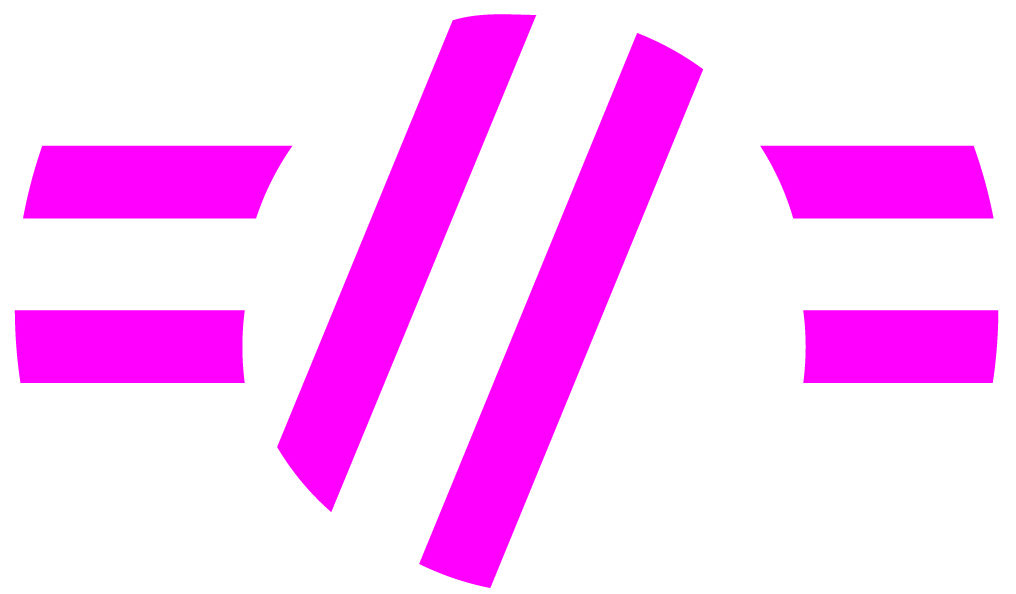May 4-6, 2023, University of Mannheim
Confirmed Keynote Speakers: Jack Halberstam (Columbia University), Heather Houser (University of Texas at Austin)
Knowledge is prone to failure. The shortcomings of knowledge production and dissemination are on display in a host of unfolding crises, from the Covid-19 pandemic, climate change, and Russia’s war of aggression against Ukraine to increasingly polarized ‘culture wars’ and accelerating digital transformations. Positioned in the tension between the ideals of the Enlightenment, with its professed belief in increased knowledge translating into increased progress, and the instrumentalization of truth claims in light of growing political polarization, knowledge appears as intricately linked to failure. This link is particularly pronounced in U.S. cultural history, due to the success-orientation encoded in such cultural myths as the American Dream and the philosophical tradition of Pragmatism, which evaluates ideas based on their usefulness.
The concept of failure premises specific epistemologies which, in turn, were produced by social, political, economic, and philosophical processes and structures. The global hegemonialization of Western norms of knowledge (production) has entailed the failure, that is, the suppression and delegitimization, of ways of knowing of Indigenous communities and (diasporic) cultures of the Global South. In a posthumanist and decolonial vein, the destabilization of the category of knowledge and a critique of the dominant school of Western thought, Humanism, can yield productive ways of taking into account Other epistemic formations and alternative loci of knowledge production. Moreover, the production of ‘knowledge from below’ (Jack Halberstam) or ‘low theory’ (Stuart Hall) often relies on forms and genres that have traditionally not been regarded as generators of knowledge, e.g., popular culture, gossip, or tacit knowledge.
On the level of the individual, as feminist standpoint theories remind us, the subversive knowledges of those considered or self-identifying as failed individuals afford particularly astute realizations about a given hegemonic order such as heteronormativity or structural racism, and also constitute potent repositories from which efforts to articulate alternative futures to the hegemonic order may
draw. For, as Jack Halberstam suggests in The Queer Art of Failure (2011), which dismantles the normative implications of the success vs. failure binary, not only can failure become a form of resistance against “norms that discipline behavior” (11); failure can also serve as a “counterintuitive mode […] of knowing” (11), a “refusal of mastery, a critique of the intuitive connections within capitalism between success and profit” (12). Critical negotiations of failure and knowledge are often carried out in literary and cultural imaginaries, which serve as spaces in which cultural and political discourses are reflected, but which also produce and actively shape these forms of knowledge as well as conceptions of failure.
While the logic of neoliberalism has increasingly co-opted failure (Silicon Valley’s ‘fuckup nights’ are a case in point), which in effect treats failure as an opportunity to learn how success can finally be achieved, at this conference, we want to address both the lasting material and/or economic effects that failure can have, and the diagnostic function of failure discourse as it can make visible structures of inequality, dysfunctional material infrastructures, and damaging epistemological assumptions.
For its closing conference, the research network “The Failure of Knowledge – Knowledges of Failure,” funded by the German Research Foundation, invites contributions from Literary Studies, Cultural Studies, Media Studies, History of Science, History and Sociology that consider the various entanglements between knowledge and failure. We are particularly interested in contributions that touch on North America, and address the time period from 1800 to the present. Fields of particular interest include (but are not limited to):
-alternative modes of producing knowledge (e.g., literature, popular culture, gossip, border knowledge, ‘artistic research’)
-institutional knowledge and its failures (e.g., decolonial critique, the neoliberal university, taxonomies of human categorization)
-the ways of knowing of subaltern communities (e.g., BIPOC communities, LGBTQI+ communities, ‘crip’ communities)
-theorizations of the relationship of failure, power, and knowledge: subversive knowledge (which, according to Werner Bonefeld, names “what … we have to know to prevent misery”), dirty knowledge (which, according to Julia Schleck, signifies that academic knowledge production has always been shaped by the power relations and politics of its time), epistemic disobedience (Walter Mignolo), epistemicide (Boaventura de Sousa Santos), etc.
-digital media ecologies and their impacts on knowing / knowledge production as well as digital cultures of failure (e.g., infowhelm, algorithmic bias, automation, techno-utopianism)
-the ‘post-factual’ paradigm and the assault on science / scholarship by the Alt-Right and other social forces (e.g., climate-science denial, Covid-19 denial, enmity towards Gender Studies)
-the relationship between ownership of the means of production and knowledge production
-mobilizations of failure to expose conditions of inequality
-genres of failure such as the jeremiad, slum fiction, tragedy, the Gothic, the documentary exposé (Jack London’s The People of the Abyss; Barbara Ehrenreich’s Nickel and Dimed), the plot of decline, art brut, rise and fall narratives, dystopias (systemic failure)
-the aesthetics of failure (e.g., failure of language to represent, shock aesthetics, strategies of inversion)
-romanticizations of failure (e.g., the modernist starving artist, the countercultural drop-out, postmodern celebrations of ‘monstrosity,’ ideologies of victimization, the Great Resignation).
Please submit an abstract of about 300 words and a short academic bio to Dr. Katharina Motyl (motyl@uni-mannheim.de) by September 18, 2022. For more information on the network’s research agenda, please visit https://knowledge-failure.org/concept/
